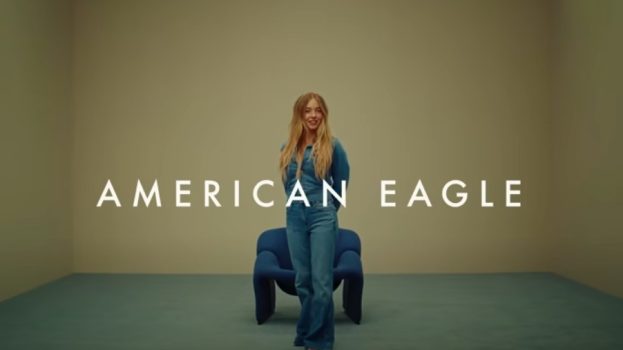The Microsoft Network says its fall programming season is sold out – it doesn’t need any more advertisers.
That’s the good news.
The bad news is that some of msn’s fall schedule won’t be online when the company expected it to be and may be put off until after Christmas.
‘We were always shooting for mid-November,’ says Jordan Chrysafidis, MSN Canada’s group product manager. ‘We never set an exact date because there’s no real prize for delivering something that doesn’t work.’
Chrysafidis says four or five Canadian-specific programs, along with about 10 imported programs, will be announced Nov. 12.
The Canadian programming will cover such topics as personal finance, local entertainment, and news. News, for one, will be launched sometime in the new year, says Chrysafidis. ‘We’ll make additional noise about it as it gets closer to the launch.’
If the programming topics sound familiar, it’s because they are – to a point. The msn term for information-based programming is ‘essentials’ and the company has found that, in terms of popularity, its essential programming ranks second only to its on-line gaming zone. People clearly use the on-line environment for fun – but they also take it seriously as an information tool.
Chrysafidis was unable to provide names of specific advertisers at press time, but did say that some of Canada’s largest financial institutions will be advertising on the Financial Centre, the service’s planned financial segment.
Editorially, the site will also feature some of Canada’s most prominent financial advisors, promises Chrysafidis. He says it will offer investment information but will go beyond what other financial publications provide by allowing users to act on that information online (by investing in a mutual fund, for example).
As for the entertainment offerings, one will be local in nature and will be derived from a co-branded effort, says Chrysafidis. That way, Canadians can get a Canadian perspective, he says. (At press time, he was unable to reveal the entertainment source.)
Chrysafidis says that msn’s essentials programming will not simply rehash the news.
‘If all I’m doing is repurposing what’s in a newspaper, why do it?’ he says. ‘This computer cost me $5,000 and I can pick up a newspaper for 50 cents – it doesn’t make sense.’
What does make sense, he says, is finding unique ways to format the news, he says.
‘What we’re trying to do is take advantage of the horsepower of the computer.’
In other words, msn plans to take the somewhat tired ‘news you can use’ phrase literally. For example, an msnbc story (msn has a joint venture in the u.s. with nbc) about proposed tax legislation offered users a table to calculate what the changes would mean to them personally, according to Chrysafidis.
‘That kind of interaction you cannot do anywhere else and it takes advantage of the computer.’
But the first step, he says, is convincing Web newbies that logging on to msn is as easy as, well, clicking the tv’s remote control.
With 2.5 million subscribers worldwide, the network is trying to do with the Internet what specialty services do so well with tv – brand and conquer. That means getting beyond the http’s and the dots and dashes that currently define the Web.
‘What kind of content would you expect to see on The Learning Channel?’ asks Chrysafidis. ‘That conjures up an image. We’re trying to do the same thing.’























